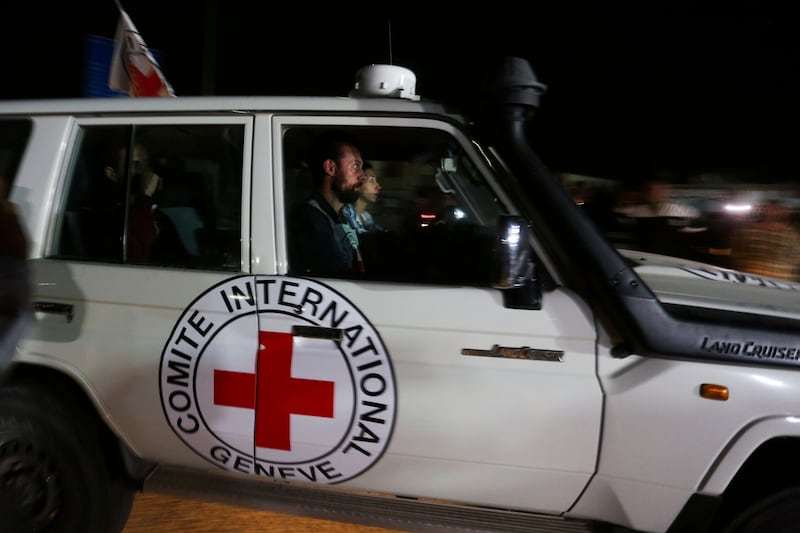Families who depend on the welfare system in Northern Ireland say it can "often harm rather than help", according to a new report.
The study by Save the Children reveals that the social security system is "exacerbating families’ already challenging circumstances" with calls for it to be changed to offer "choice and dignity".
The ‘We Don’t Just Want to Survive’ report sets out families’ priorities for improving the social security system in the north.
Participants paint a picture of a system that “lacks flexibility” and can be “disconnected from the complexities of family life”.
The report found the system “doesn’t provide a sufficient safety net for families to provide for their children” with a clear consensus of respondents saying that the level of financial support available was "increasingly inadequate" when compared to the rising sea of costs faced by families.
Many participants felt the system was complicated, with respondents saying they often believe they are "fighting against systems and processes which should have been designed to help them".
A mother-of-four from Dungannon, who took part in the research but did not want to be named, said a delay in receiving child payment left her family short of food.
Read more:
- Report finds needs of children in Northern Ireland not being met by welfare system
- Jamie Oliver calls for more free school meals as survey suggests voter support
"You basically go hungry, you have one meal and my coping mechanism was for myself and my husband to eat oats or go to food banks," she said.
"And when you go like that for two weeks you can see the change in your mood.
"Even if you’re a very positive person, you become very tired."
Another respondent, a father-of-two from south Belfast, said: "I would like to see a system tailored more to individual circumstances, instead of a blanket - you fit into this box or you don’t - because my circumstance is a lot more complex than that, which has caused issues".
Families with lived experience of the welfare system are to meet with decision-makers at an event on Friday, as Save the Children launches its report which captures the realities of life for those in the system.

Peter Bryson, head of Save the Children NI said: “From listening to the strain on those who have shared their experiences with us, we are really concerned that the system is pushing more people into poverty.
"Unless real change is made this is only set to continue.
“Our purpose with this conversation and process is to create a space where we can all begin to think differently about how we engage with system.
"We want to draw on our collective experience and help design policy and practice that delivers real life change for children impacted by poverty."
Among those at Friday’s event will be leaders from other community organisations.
Louise Ferguson is from the Larder food bank in east Belfast: “There's a sense that there is no understanding of unique situations for people.
"It is just a broad brush that is supposed to encompass everybody and it's very difficult to get to speak to someone.
"The system is all online.”
Joanne Dougan from the South Tyrone Empowerment Programme in Dungannon said: “There are more and more families coming through the door and the community sector cannot continue to stretch existing budgets to meet this increasing demand, without putting charitable organisations and the wider sector at risk.”








